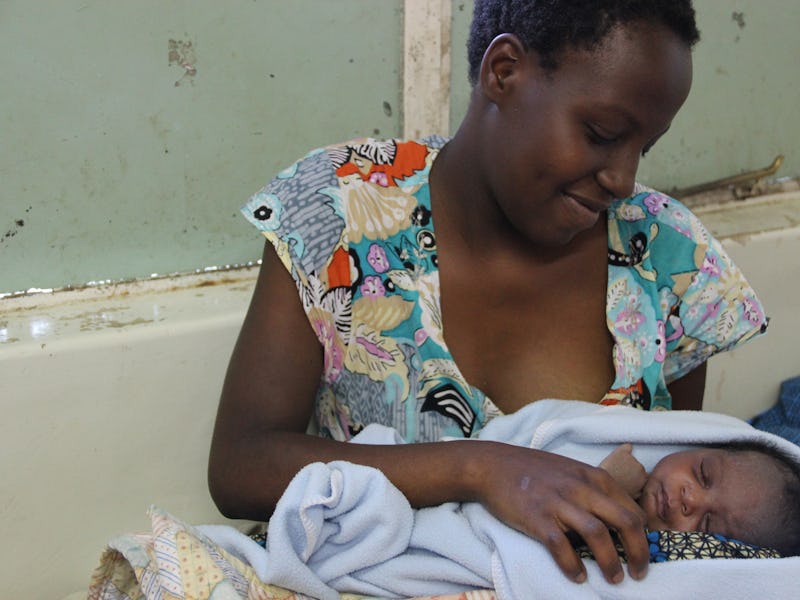Study Links Hotter and Drier Days to Lower Birth Weight
Hotter temperatures and less rain make for unhealthy infants.

A new study has found that a pregnant woman’s exposure to hotter and drier days will result in a lower birth weight for her child, linking the effects of climate change to the very earliest stages of life.
The two-year study’s results were published today in the journal Global Environmental Change. Led by researcher Kathryn Grace at the University of Utah, it analyzed the relationship between precipitation, temperature, and birth weight in 19 African countries.
Grace and her colleagues used health data from the U.S. Agency for International Development on 70,000 births that occurred between 1986 and 2010, and aligned them with statistics on temperature and rainfall from multiple sources.
The World Health Organization defines low birth weight to be below 2,500 grams — about 5.5 pounds. Babies born with a low birth weight are sicklier and more likely to die young and develop disabilities.
“While the results are dependent on trimester and location, the data shows that climate change — a combination of increased hot days and decreased precipitation — correlate to lower birth weights,” said Grace in a statement about the study.
The effects aren’t meager, either. The impact of climate change on birth weight, the authors write, is comparable to the effect of increasing a woman’s education level or her household’s access to electricity.